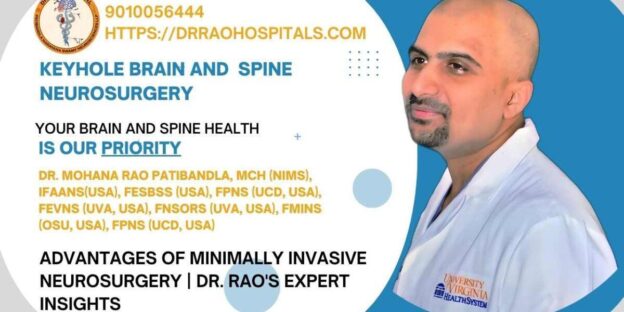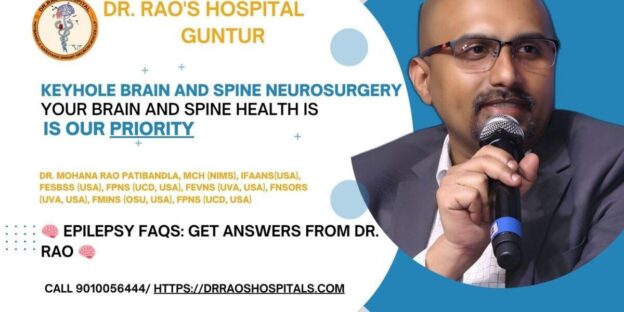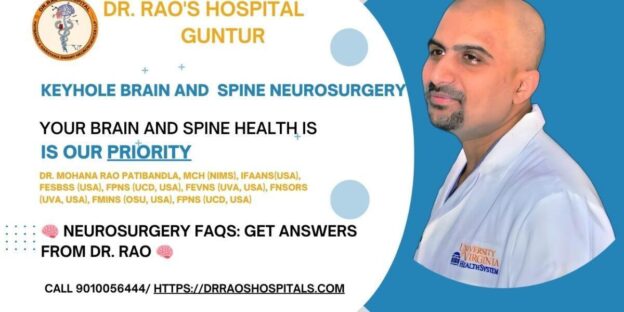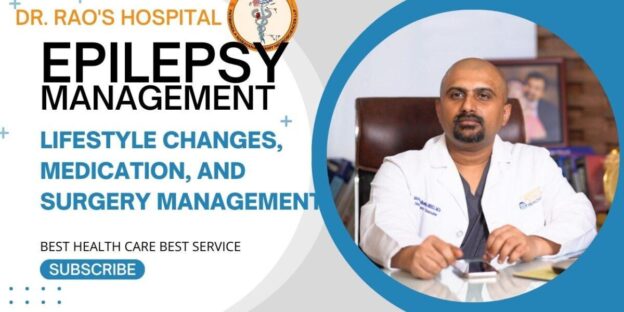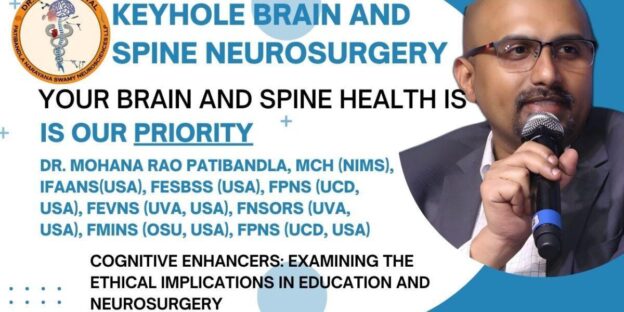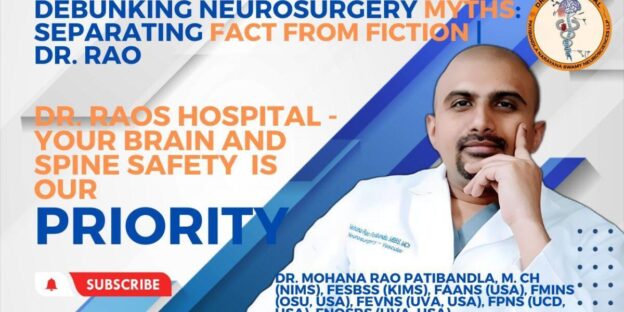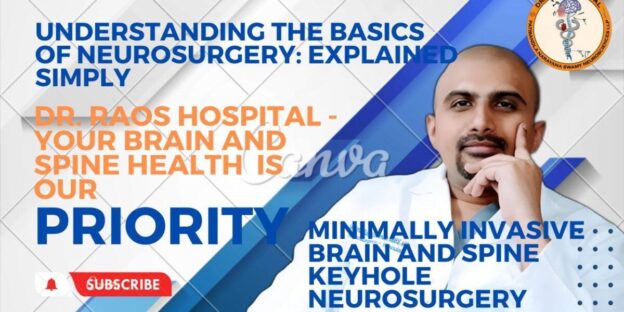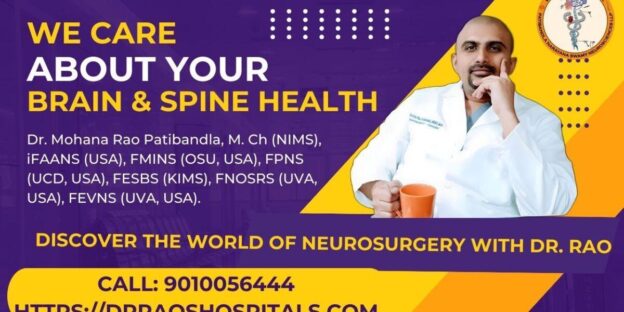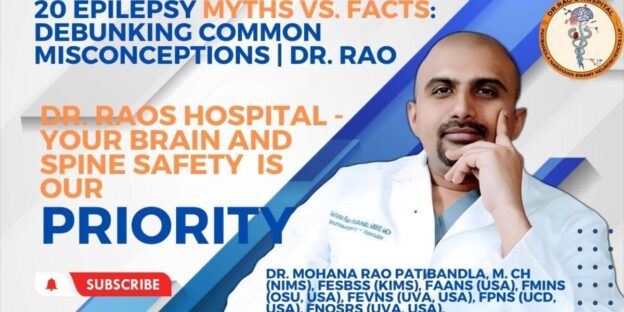Neurosurgery
Summary: Embark on a captivating exploration of Minimally Invasive Neurosurgery with Dr. Rao, a pioneering neurosurgeon at Dr. Rao’s Hospital. Uncover the revolutionary benefits that enhance precision and care in neurosurgical procedures through minimally invasive techniques.
Neurosurgery is a branch of medicine that deals with diagnosing and treating disorders affecting the brain, spinal cord, and peripheral nerves. Neurosurgery can be performed using different techniques, depending on the type and location of the problem. One of the most advanced and effective techniques is minimally invasive neurosurgery, which uses small incisions, specialized instruments, and high-definition imaging to access and operate on the affected areas.
The Benefits of Minimally Invasive Neurosurgery: Advancing Precision and Care
Introduction:
In neurosurgery, technological advancements have paved the way for innovative techniques that revolutionize patient care. Minimally invasive neurosurgery is one such breakthrough that offers numerous advantages over traditional open surgeries. Led by the expertise of Dr. Rao at Dr. Rao’s Hospital, we explore the benefits of these advanced techniques that have transformed the landscape of neurological treatments.
Smaller Incisions, Faster Recovery:
Minimally invasive neurosurgery involves smaller incisions, reducing tissue damage and postoperative pain. Patients experience a faster recovery, shorter hospital stays, and a quicker return to daily activities.
Precise Targeting with Endoscopic Surgeries:
Endoscopic procedures utilize small cameras and specialized instruments, enabling neurosurgeons to visualize and treat neurological conditions with high precision. It ensures minimal disruption to healthy brain tissue, enhancing patient outcomes.
Microscopic Techniques for Unmatched Precision:
Dr. Rao harnesses the power of microscopic neurosurgery, magnifying brain structures for intricate procedures. The enhanced visualization allows for precise tumor removal and treatment of vascular malformations.
Brain Port Surgeries – A Gateway to Progress:
Brain port surgeries offer a minimally invasive entry point to reach deep-seated brain lesions. This technique preserves healthy brain tissue and reduces the risk of complications, promoting better patient safety.
Reduced Risk of Infection:
With smaller incisions and shorter hospital stays, minimally invasive neurosurgery lowers the risk of surgical site infections, promoting quicker wound healing.
Enhanced Cosmetic Outcomes:
The more minor scars from minimally invasive procedures lead to improved cosmetic outcomes, alleviating concerns about visible post-surgery marks.
Effective Treatment for Various Neurological Conditions:
Minimally invasive techniques have proven highly effective in treating neurological conditions, including brain tumors, epilepsy, vascular malformations, and spinal disorders.
Faster Return to Normal Life:
Patients undergoing minimally invasive neurosurgery can resume their daily activities sooner, leading to a quicker return to everyday life and improved quality of life.
State-of-the-Art Facilities:
Dr. Rao’s Hospital is equipped with cutting-edge technology, including advanced endoscopic and microscopic instruments, ensuring patients receive the highest standard of care.
Personalized Treatment Plans:
Dr. Rao and his team tailor treatment plans to individual patient needs, ensuring the best possible outcomes for every case.
At Dr. Rao’s Hospitals, we are proud to offer minimally invasive neurosurgery for various neurological conditions, such as:
- Endoscopic surgery: This technique uses a thin tube with a camera and light (endoscope) to view and operate on the inside of the skull or spine. Endoscopic surgery can treat hydrocephalus, pituitary tumors, skull base tumors, and spinal stenosis.
- Microscopic surgery: This technique uses a powerful microscope to magnify and illuminate the surgical field. Microscopic surgery can treat brain aneurysms, arteriovenous malformations, brain tumors, and trigeminal neuralgia.
- Brain port surgery: This technique uses a small tube (port) inserted through a tiny hole in the skull to access deep-seated brain lesions. Brain port surgery can treat conditions such as intracerebral hemorrhage, gliomas, cavernomas, and colloid cysts.
Our team of expert neurosurgeons at Dr. Rao’s Hospitals is well-trained and experienced in performing minimally invasive neurosurgery using state-of-the-art equipment and facilities. We strive to provide the best possible care and outcomes for our patients with neurological disorders.
Conclusion:
The benefits of minimally invasive neurosurgery are transforming how neurological conditions are treated, bringing unprecedented precision and care to patients. Under the guidance of Dr. Rao, Dr. Rao’s Hospital is at the forefront of these advancements, providing patients with state-of-the-art facilities and personalized treatment plans. Embracing minimally invasive techniques, the hospital continues to deliver exceptional care, empowering patients on their journey to better neurological health.
To experience the advantages of minimally invasive neurosurgery, consult Dr. Rao at Dr. Rao’s Hospital today. Contact us at 9010056444 or visit drraoshospitals to schedule an appointment. Your journey to optimal neurological health starts here.
If you or your loved ones are suffering from any neurological condition that may require neurosurgery, please get in touch with us today to schedule an appointment. We will evaluate your condition and recommend the most suitable treatment option.
Dr. Rao’s Hospitals: Your trusted partner in neurology and neurosurgery.

